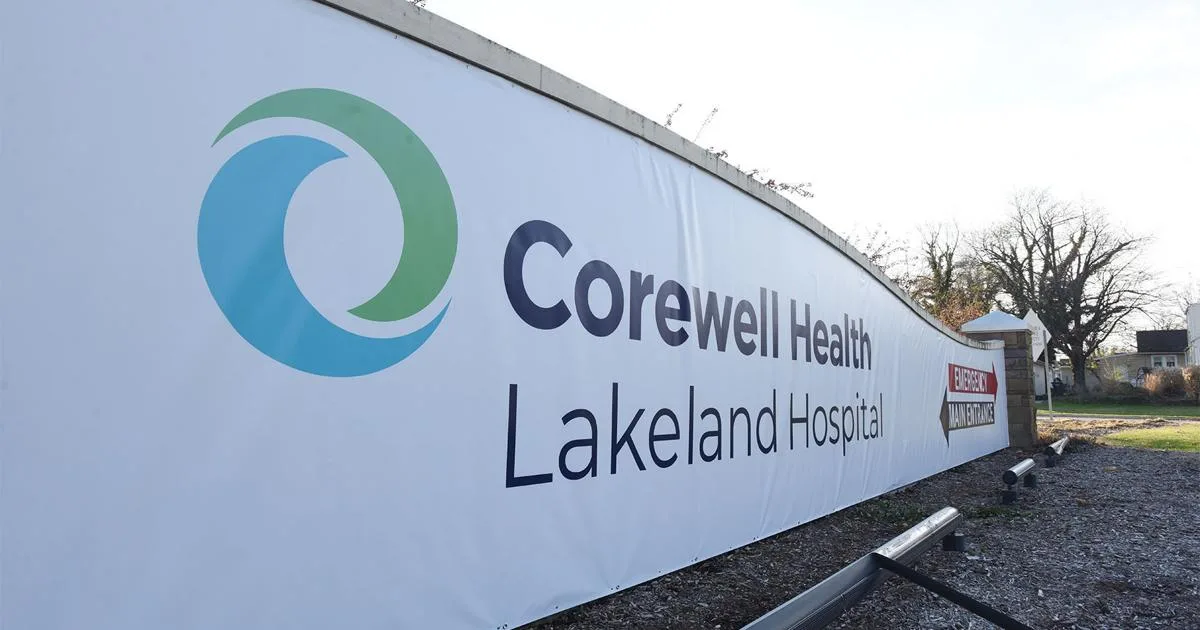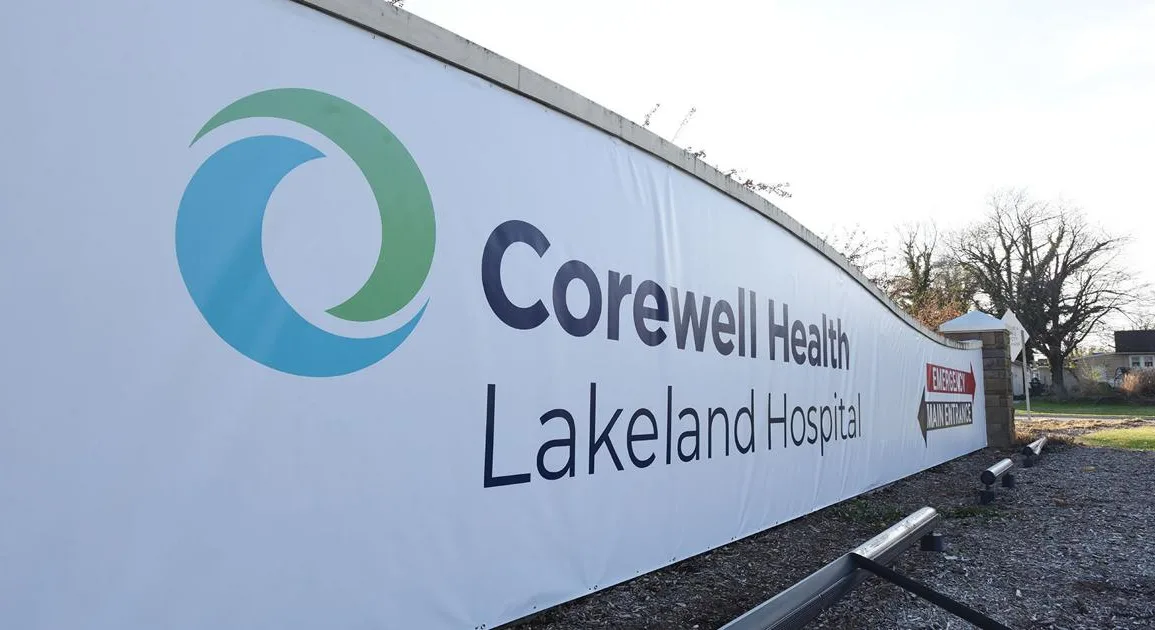
ST. JOSEPH — Black women who are pregnant in Michigan are three times more likely to die than pregnant white women, and Corewell Health is looking for ways to reduce this inequity.
Corewell Health will shine a light on the inequities related to Black maternal and infant health on Aug. 24 during “Community Grand Rounds: Black Maternal and Infant Health Summit.” The event will start at 2 p.m. at the Grand Upton Hall of the Lake Michigan College Mendel Center in Benton Township.
“We know health is made up of so much more than health care and it comes from all of the places where we live, work and play and all of our communities and workplaces and places of worship and the subcultures that we live in are all shaped by policies and historical context,” said Nicki Britten, director of population health at Corewell Health South.
The fact that Black women who are pregnant are dying at higher rates can be traced back for decades, said Dr. Sekeita Lewis-Johnson, a family nurse practitioner, lactation consultant and doula. Lewis-Johnson is the keynote speaker for the event.
“This data is not new,” Lewis-Johnson said earlier this week. “I don’t get caught up in data. … I’m coming from a lived background of being a former labor and delivery nurse for most of my career so I’ve seen a lot of things inside of the hospital systems, as well as experienced a lot of things being a nurse in this field. … I get into more of the action of what we can do to combat this issue.”
She said looking at the history of Black women in this country is also important.
“The truth of the matter is that when you think of obstetrics and gynecologists, it was born and bred off of the bodies of Black women. Their research was done on Black, enslaved women,” she said. “Grand Rounds will take the audience on this journey to think about it from a historical standpoint and think about how, from as early as we can remember as being Black enslaved people in this country, these atrocities have been happening. And then every system that’s been built has been built on top of these atrocities without repairing, without atonement, without accountability.”
Lewis-Johnson said structural racism is looking at the big picture.
“If we don’t look at the historical standpoint, then we can’t really acknowledge the truths that occur right now basically based on disparate care, disparate outcomes, that is determined, sometimes, by bias and discrimination,” she said.
‘What needs to be done’
The event’s panel will include Bianca Nash-Miot, a lactation consultant, birth doula and founder of Birth Queens and Milk Queens.
Nash-Miot said the current health care system needs to be changed.
“We have a practice and a system that doesn’t seek to meet people where they are,” Nash-Miot said. “We have a standard of care that is utilized in every practice and it seeks to specifically say, ‘This is what needs to be done.’ There’s no deviation to that standard of care based upon the patient’s needs.”
She said some women have low health literacy, while others may have transportation problems.
“I think the answer is meeting needs and meeting people where they are. Not having a blanket standard of care,” Nash-Miot said.
Other panelists include Tameka White, a certified lactation specialist and doula consultant; Karissa White, a community member; and James Gunter, executive director of Present Pillars, an organization designed to support families through responsible fatherhood.
The Community Grand Rounds event is part of Black Breastfeeding Week which runs Aug. 25-31.
On Aug. 25, Corewell Health West will launch the “Yes! We Do.” billboard blitz aimed to dispel the myth that Black women do not breastfeed their babies.
To register, go to https://bit.ly/3DOTpBI. For more information, send an email to shlcgr@spectrumhealth.org.
Other virtual events
Aug. 23: Fireside chat with Kenn Harris on how important it is for expectant Black fathers to be involved to ensure healthy birth outcomes.
Aug. 25: Capturing Liquid Gold, which will feature five Black women on their breastfeeding journey.
Aug. 25: Meet Baltimore’s birth artist Lauren J. Turner, who paints portraits of women of color breastfeeding.
Aug. 28: Breastfeeding: A Candid Cross Community Panel Discussion, where the socio-historical factors and structural systems influence Black breastfeeding will be discussed.



